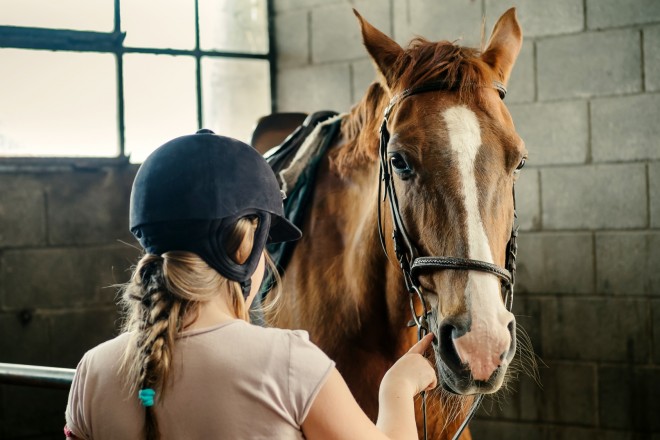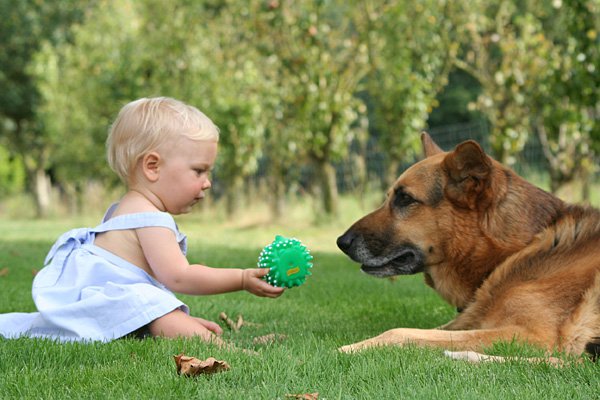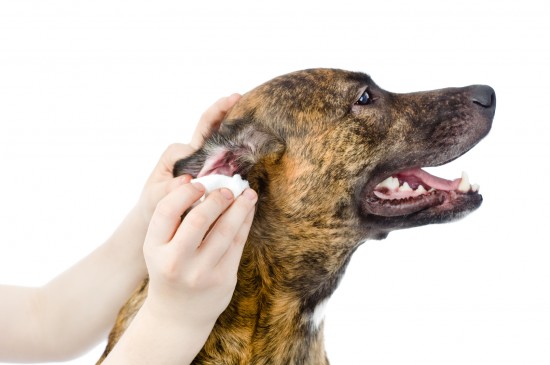
Owning a dog is a very serious thing and it takes responsibility. You are responsible for making sure your pet leads a happy and healthy life. Doing your research will help you reach this balance, so be sure to properly read the following information.
Your dog has teeth just like you, so it makes sense that he needs proper dental care. Invest in a dog toothbrush and brush his teeth often. Simply allowing the vet to do it at his regular checkups is not enough. You can also purchase treats that are specifically meant to help with your pet's teeth.
Do you have a "wrinkly" dog, like a bulldog? If so, you have to be conscientious about the grooming process in order to help keep your pet clean. After you brush, take a baby wipe and use it to get in between the folds on their body. Make sure, though, to get them fully dry after doing so.
If your dog spends a lot of time outdoors, he or she may eventually come in contact with a skunk. If he gets sprayed, mix together one teaspoon of dish-washing detergent, a fourth a cup of baking soda and a quart of hydrogen peroxide solution (but make sure it is no more than three percent). Apply the mixture to your dog's coat and allow it to sit for five minutes. Wash your dog off well afterward.
If your dog is still getting used to the grooming process, only work with him or her in short bursts. Groom for about five minutes and then stop and move on to another activity. Eventually, start adding on two or three minutes to your total grooming time until your pet is able to handle a full session.
Talk to the veterinarian about the proper amount of food for your dog. Most dog food packages include guidelines but keep in mind that these instructions might not be adapted to your dog. The vet will know what is best for your pet.
Know your dog's behavior and body rhythms well, to keep him at his healthiest. Medical issues often present themselves in slight nuances early on and if you know your dog, you'll see them. Pay attention to input and output, sleep duration, energy levels and so forth to keep on top of important issues that affect his health.
To protect your dog in the event he is lost or stolen, have a microchip surgically implanted by your vet. These handy chips store data that can be retrieved by a shelter or animal officer and used to contact you. They are painless to put in and offer peace of mind for the pet lover!
Timing is key when bringing your dog home. Try to introduce him to his new home over the weekend or when you have a couple of days off. Take the time to get to know one other - this will make him feel much more comfortable when he has to spend time in the home alone. Also, if you have children, make sure that they don't overwhelm him at first. If you have other pets in the house, be extra cautious when introducing the new arrival.
You can now start properly caring for your dog. If you put these tips into practice, you'll get great results. If you can't offer a dog the best life it can have then there really isn't a point in having a dog.
 The Aidi - A Smart, Courageous Dog Native To Morocco
The Aidi - A Smart, Courageous Dog Native To Morocco
 Breathing Problems In The Chihuahua
Breathing Problems In The Chihuahua
 Tips On How To Save Money When Competing With Your Horse
Tips On How To Save Money When Competing With Your Horse
 Pet sitting offers various option and facilities to the pet owners at affordable pricing
Pet sitting offers various option and facilities to the pet owners at affordable pricing
 Puggle: This “Designer Dog” Is All The Rage!
Puggle: This “Designer Dog” Is All The Rage!
 Helping Your Dog To Recover More Quickly After Surgery
Helping Your Dog To Recover More Quickly After Surgery
 Bedbugs–Get Assistance to Get Rid of the Blood Sucking Pests
Bedbugs–Get Assistance to Get Rid of the Blood Sucking Pes
Bedbugs–Get Assistance to Get Rid of the Blood Sucking Pests
Bedbugs–Get Assistance to Get Rid of the Blood Sucking Pes
 Why you should get leather dog collar for your pet?
Why you should get leather dog collar for your pet?
Why you should get leather dog collar for your pet?
Why you should get leather dog collar for your pet?
 How To Clean Your Dog’s Ears
How To Clean Your
How To Clean Your Dog’s Ears
How To Clean Your
 Dancing With Your Dog - Heelwork To Music
Dancing With Your
Dancing With Your Dog - Heelwork To Music
Dancing With Your
 Be A Responsible Owner By Taking Care Of Your Horse's Health
Be A Responsible Owner By Taking Care Of Your Horse's
Be A Responsible Owner By Taking Care Of Your Horse's Health
Be A Responsible Owner By Taking Care Of Your Horse's
Copyright © 2005-2016 Pet Information All Rights Reserved
Contact us: www162date@outlook.com